2024 Council election
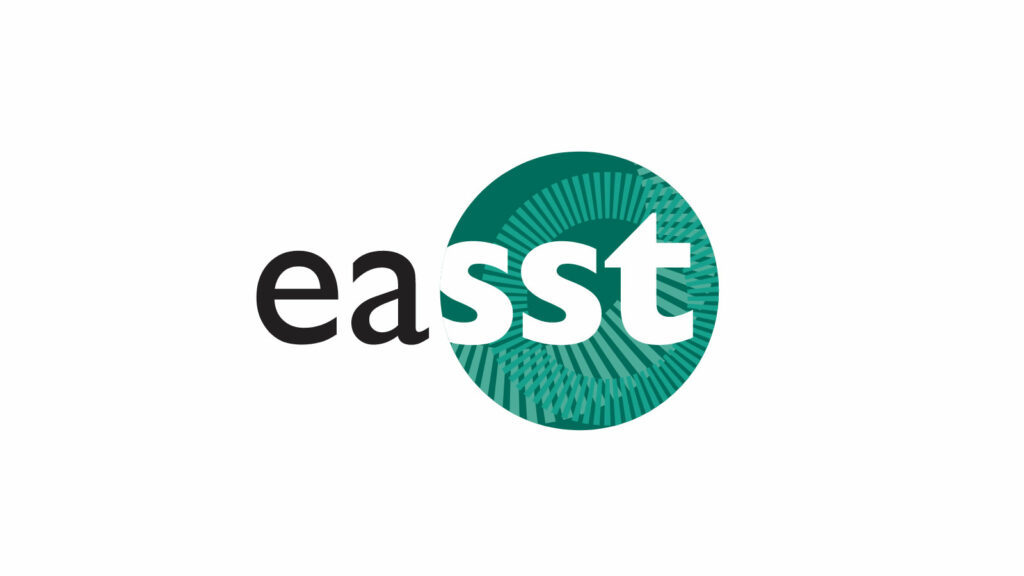
The 2024 EASST Council elections took place from 29 October to 20 November 2024, with 19 candidates running for positions on the Council, and one presidential candidate.
Meet the seven new and returning Council members who received the highest votes, as well as EASST’s next president.
Teun Zuiderent-Jerak
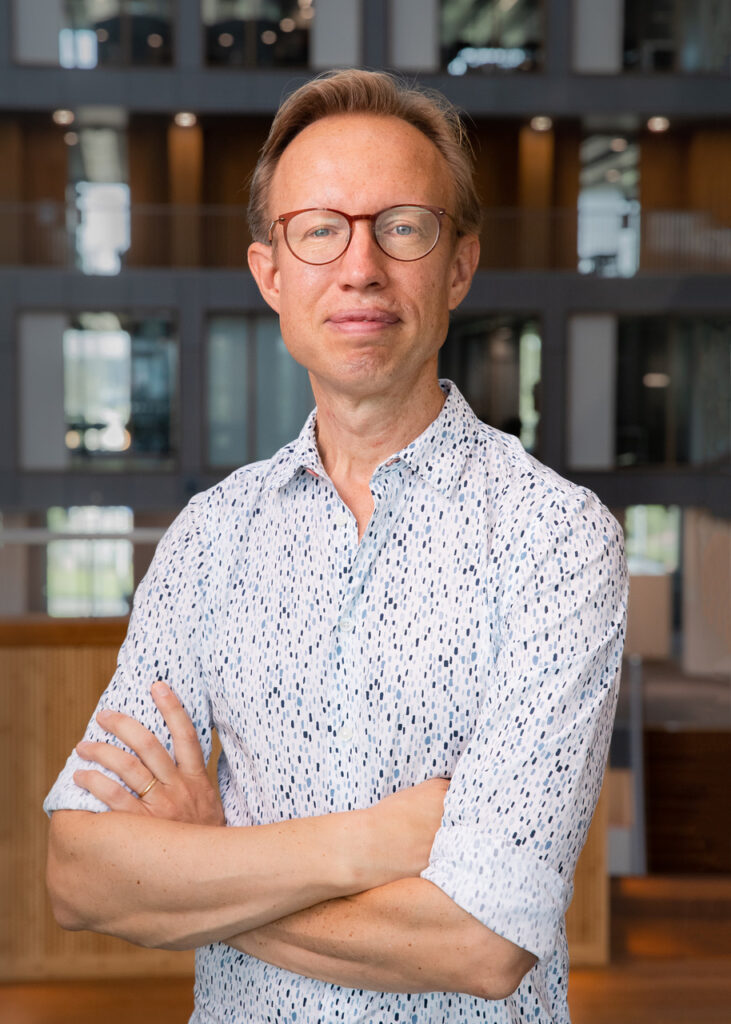
For STS as a nomadic field, with many younger and more seasoned scholars working in non-STS departments, it is essential to have spaces to come together. The EASST meetings, the journals Science & Technology Studies and EASST Review, and STS events in Europe that receive EASST support, provide crucial spaces for STS scholars from Europe and beyond to meet. These spaces are dear to me and I would like to continue to help foster them.
Melpomeni (Melina) Antonakaki
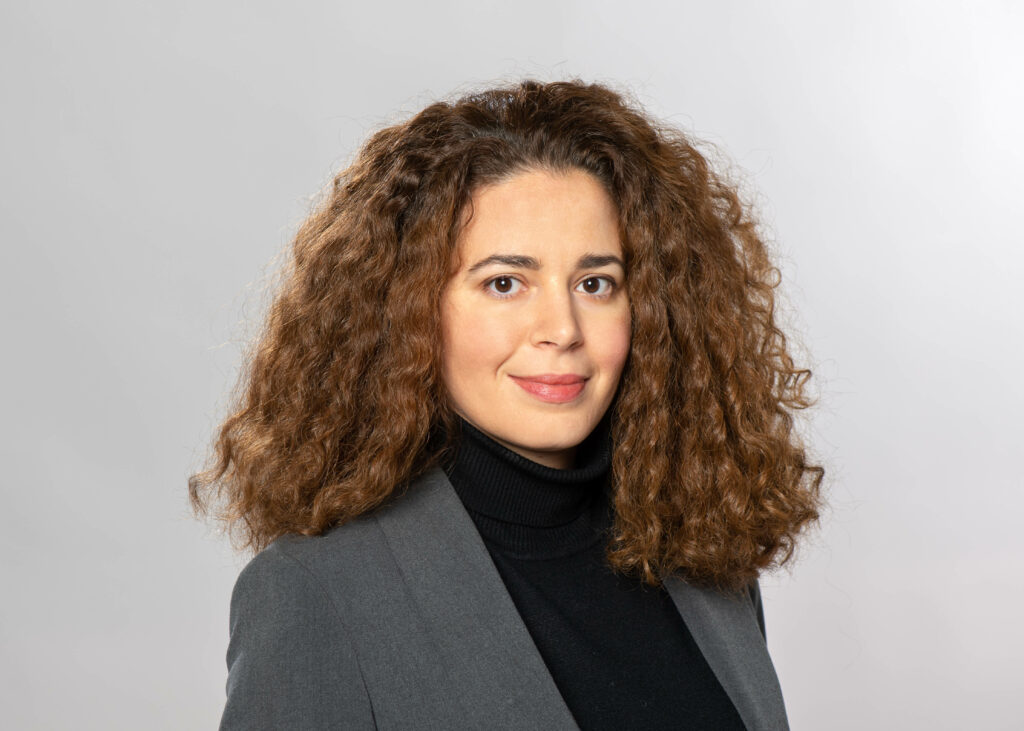
I am a doctoral candidate at the Department of Science, Technology and Society (Technical University of Munich) and a member of the Laboratory for Environment │Human Relations at the Institute of European Ethnology (Humboldt Universität zu Berlin). I research and write about how practices of investigating research misconduct intercept and intersect with practices of experimental replication in the life sciences, including bioengineering/materials science. I study controversies that erupt at this intersection, and new types of epistemic activism that exploit dynamics therein, in pursuit of research culture reforms and access at evaluative contexts.
Iñaki Goñi
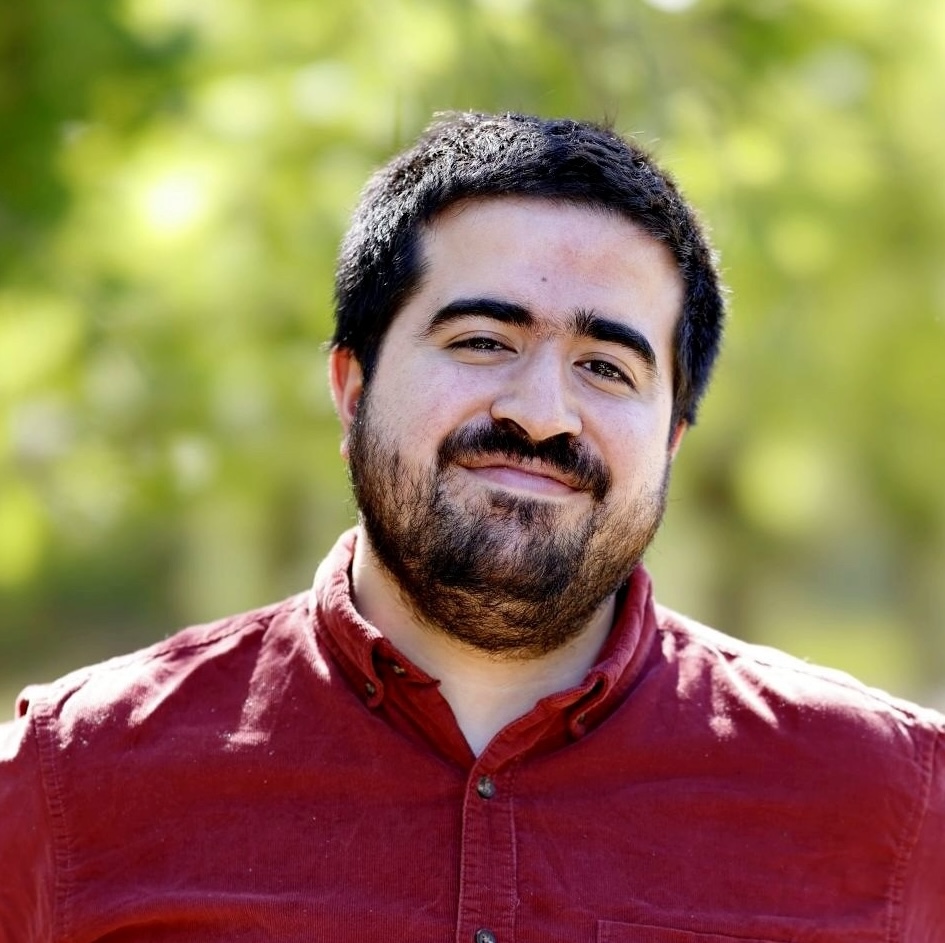
Greetings! I am Iñaki Goñi, a Chilean/Basque doctoral candidate at the Science, Technology and Innovation Studies department, University of Edinburgh. My research focuses on technology and democratic theory, exploring how citizens engage with technology and how technologies shape participation. Before my PhD, I was a lecturer and researcher at the Universidad Católica de Chile.
Franziska Zirker
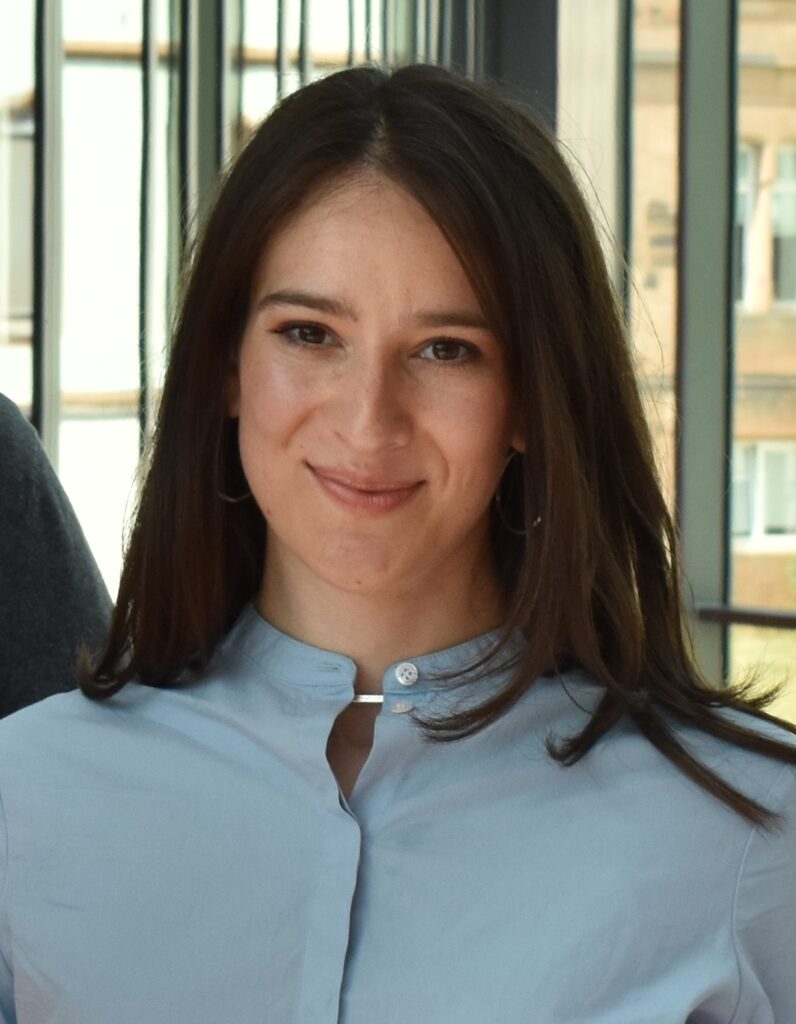
I am a doctoral candidate at the University of Marburg researching the politics of Covid-19 dashboards. Previously, I have studied sociology and political science at the Universities of Marburg and Frankfurt and have been a visiting PhD student at the University of Edinburgh. I am the representative of the doctoral candidates on the board of the Collaborative Research Centre where I am employed and have participated in the organisation of our 2022 yearly conference. Previously, I have been active in student self-administration as the elected speaker of the women’s department of the Marburg Student Union.
Valeria Ramirez
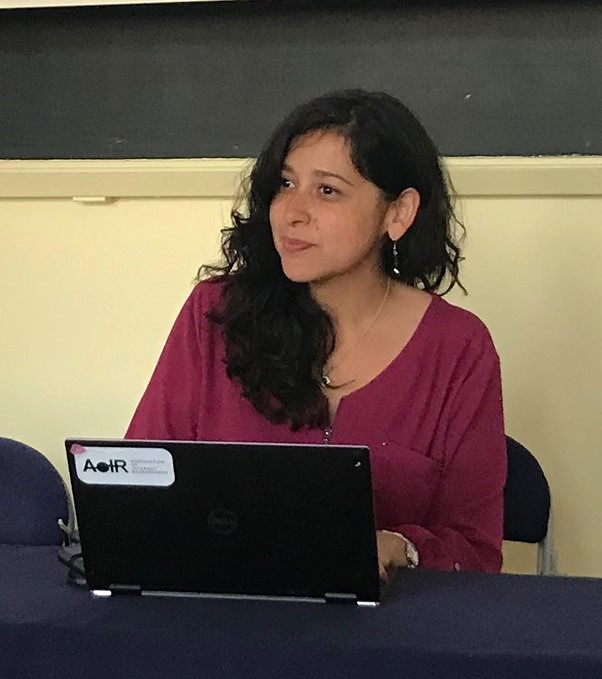
I would bring a multicultural background and a blend of experience from both academia and industry. Currently, I am a postdoc at the University of Cambridge, focusing on research impact metrics, technology transfer, and university innovation. I completed my PhD in Paris (LISIS-IFRIS) last year and have been lecturer at UGE and SciecesPo. My interests, in the interface between different knowledge systems, translate into different perspectives on how STS can make a significant impact beyond academia. I am passionate about fostering interdisciplinary collaborations and building community partnerships, and I hope that my experience in bridging cultures, sectors, and disciplines will contribute to EASST’s mission of engaging STS with real-world challenges.
Selen Eren
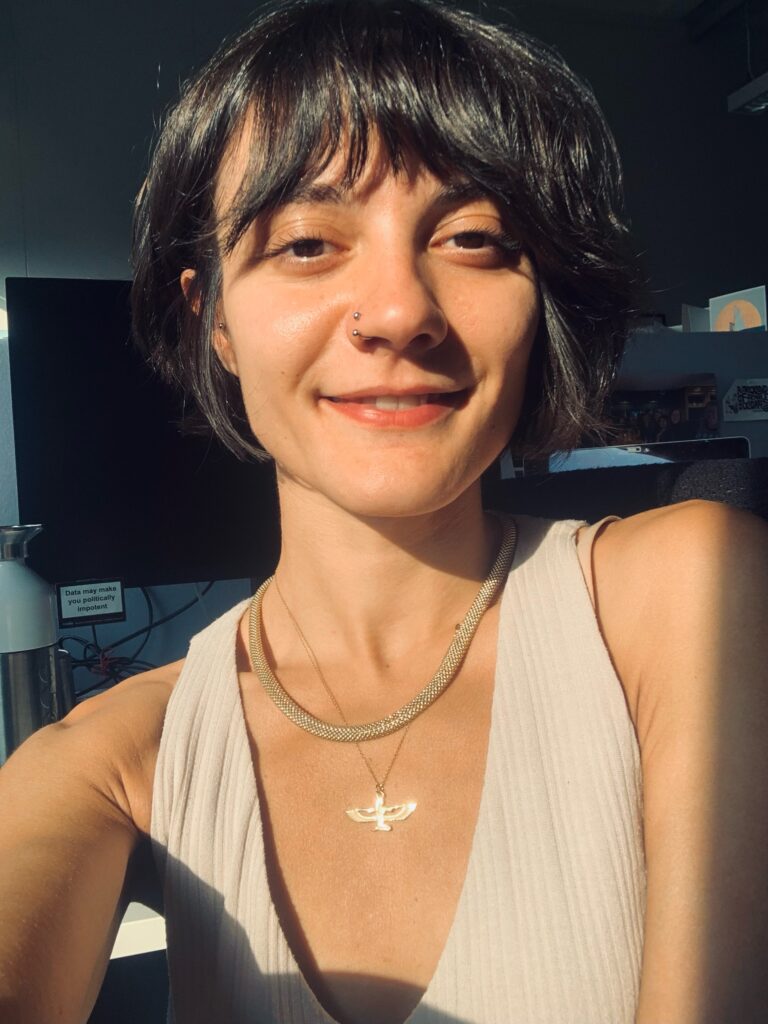
As an early career researcher (post-doc) based in the Arctic region at the Cultural Anthropology Research Unit of the University of Oulu, Finland, and connected to STS in Turkey, becoming a member of the EASST Council would be a great opportunity to increase the voice and visibility of these traditionally underrepresented local academic constituencies.
Sarah Rose Bieszczad
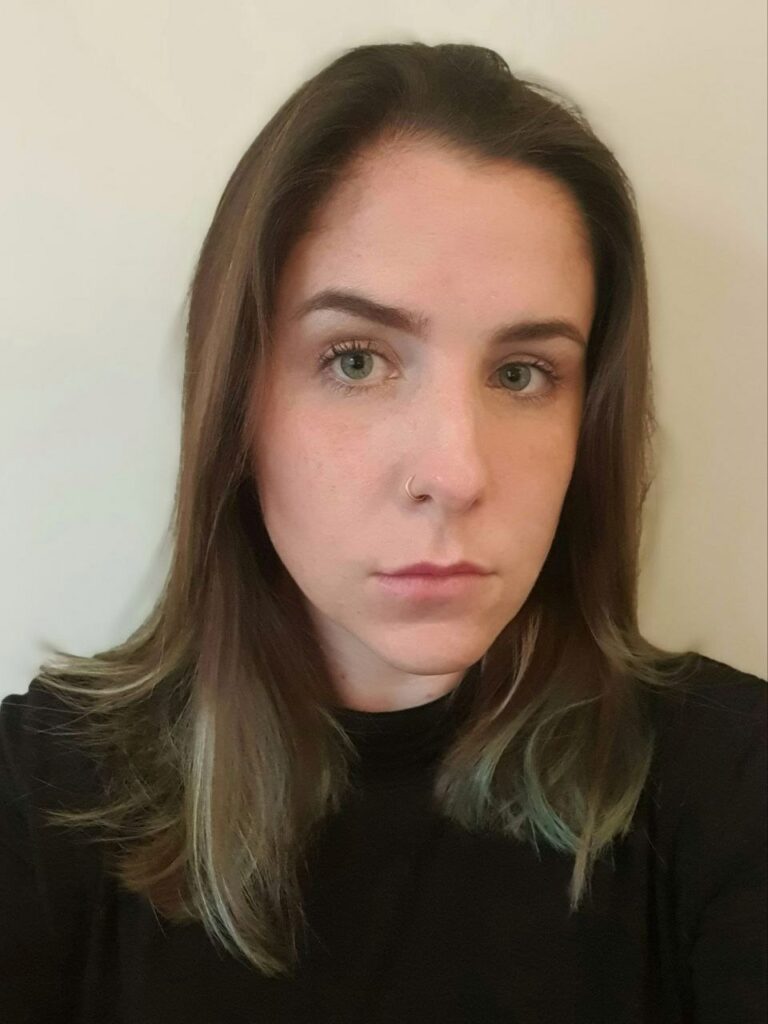
I’m the out-going PhD representative for the council. As I begin my post-PhD academic life, I want to continue to give back to the European STS community. As the PhD representative, I tried my best to give a voice to the concerns of not only PhDs but also to Early Career Researchers (ECRs), as I felt many of the concerns of PhDs, like precarity, also affect us long after our PhD contracts are up. This inclusion culminated in the creation of a new ECR representative on the council. I hope the community building that I strive for helps ECRs form connections in their time of most uncertainty and instability.
Regina Sipos
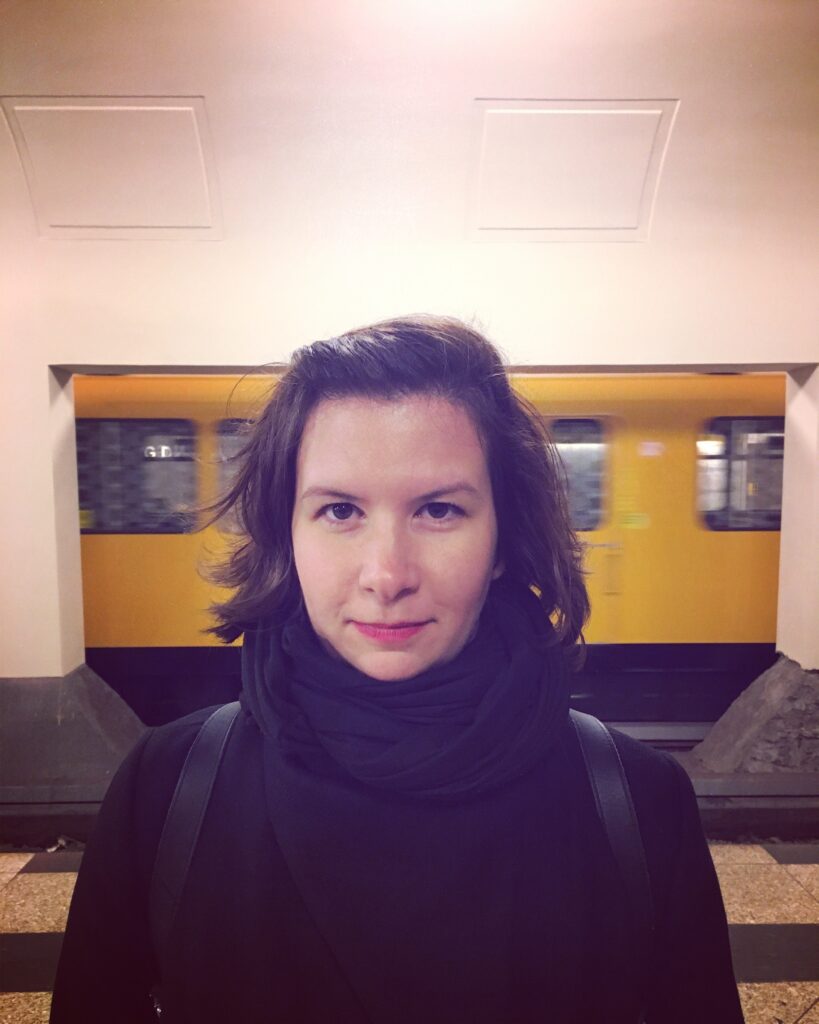
My name is Dr. Regina Sipos, and I am a Postdoctoral Researcher at the Technical University of Munich. I wrote my PhD thesis (summa cum laude) at the Technical University of Berlin about grassroots innovation in the Global South, filling a gap in STS on bottom-up, self-directed innovation by communities, often developing pathways by circumventing top-down strategies of development. My interest in this topic stems from 7 years of work at the United Nations, where I gained valuable insights into the makings of global policy.
Quentin Dufour
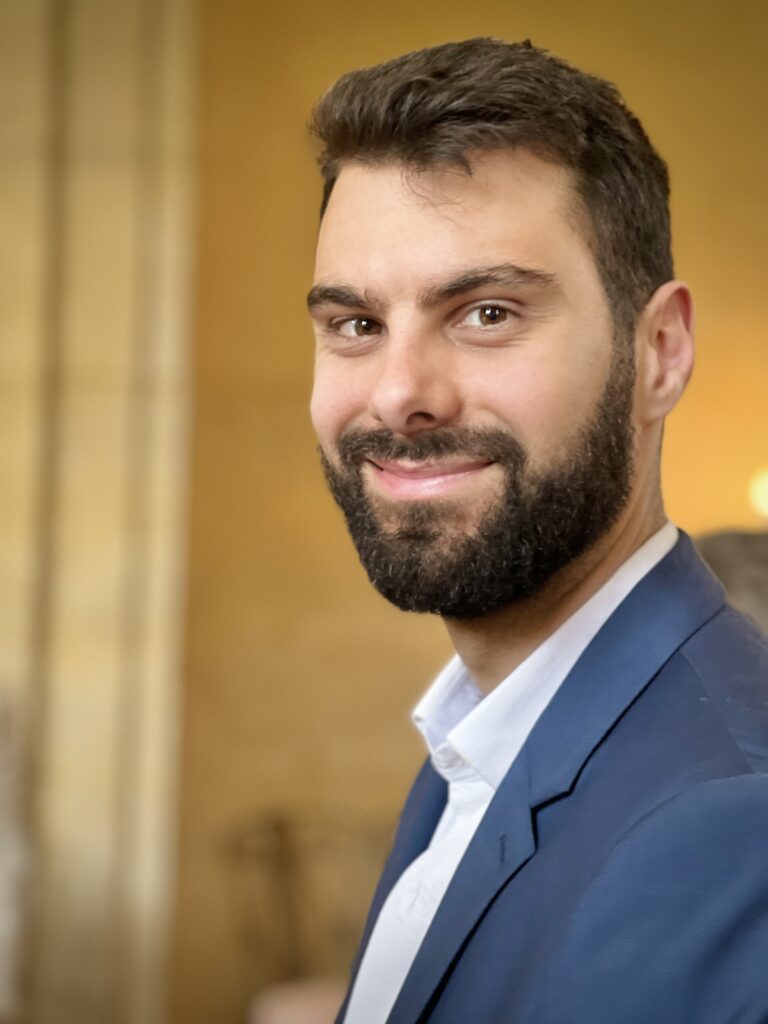
I have just been hired as a CNRS junior professor (tenure track professorship) at the University of Aix-Marseille, France. My work lies at the intersection of STS, the sociology of quantification, and Data Studies. I am interested in the political and ethical issues surrounding the reuse of health data. I focus on empirical cases of reuse in three distinct fields: epidemiology, genomics, and AI models for health.